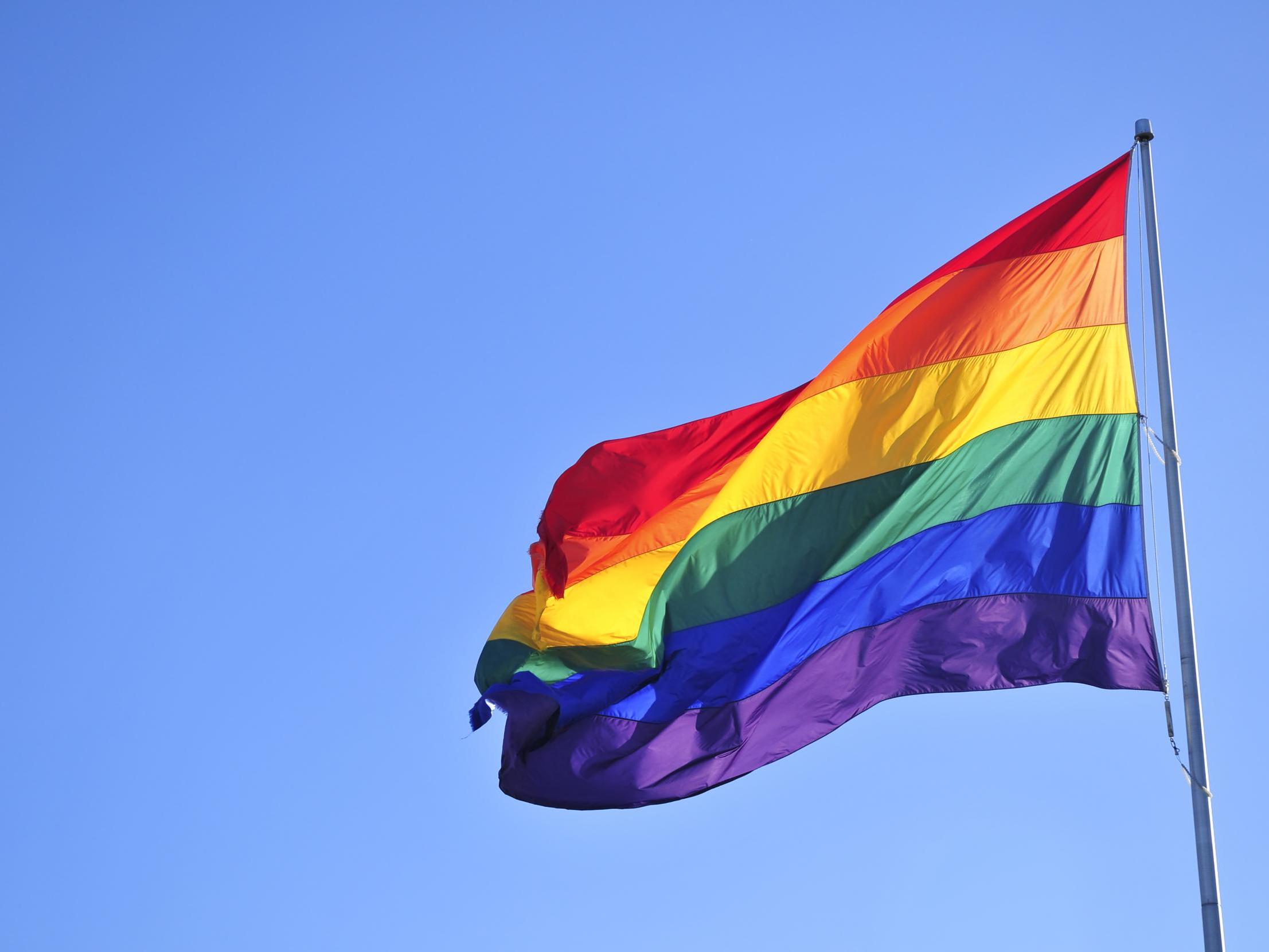Sudan lifts death penalty and flogging for gay sex
Punishments changed to jail sentences

Sudan has lifted the death penalty and flogging for gay sex in a move hailed as a “great first step” by activists.
Under the old sodomy law, gay men faced 100 lashes for a first offence, five years in prison for the second and the death sentence for the third.
The punishments have been changed to jail sentences, from a maximum of five years to life.
The decision to drop the death penalty and flogging was welcomed by activists, although they noted that gay people still face prison in the northeast African country.
“These amendments are still not enough but they’re a great first step for the transitional government that’s trying to implement changes,” Noor Sultan, founder of Bedayaa, an LGBT+ group in Egypt and Sudan, said. “We see this as a positive change on the path to reform.”
Others criticised the relaxation of the law in conservative Sudan, where a transitional government has promised to lead the country to democracy after the toppling last year of autocrat Omar al-Bashir, who had been in power since 1989.
The legal amendment was part of several reforms announced by the justice minister last week – including plans to decriminalise apostasy, the abandonment of a religion, and to allow non-Muslims to drink alcohol – which marked a reversal of nearly 40 years of Islamist policies.
The minister also said female genital mutilation (FGM) will be banned and women allowed to travel with their children without a permit from a male relative.
Ms Sultan, from Bedayaa, said the government was discreet about dropping the death penalty for gay sex and its amendment document did not detail what Article 148 – the sodomy law – was about.
“I think society is still reluctant to accept such changes but I hope that the government will continue in its path towards reform,” she said.
Fabo Elbaradei, an LGBT+ activist based in the capital Khartoum, welcomed the surprise move to lift the death penalty but said it would not change life much for gay people in Sudan.
“We are subjected to social discrimination and we face a prison sentence ... for simply being who we are,” he said. “We are still deprived [of] our right to live like any other members of society.”
Government officials did not respond to requests for comment.
Same-sex relations are illegal across much of Africa and the Middle East.
More than 70 countries in the world have laws criminalising same-sex sexual activity between consenting adults, according to Human Rights Watch.
Additional reporting by Thomson Reuters Foundation
Join our commenting forum
Join thought-provoking conversations, follow other Independent readers and see their replies
Comments
Bookmark popover
Removed from bookmarks